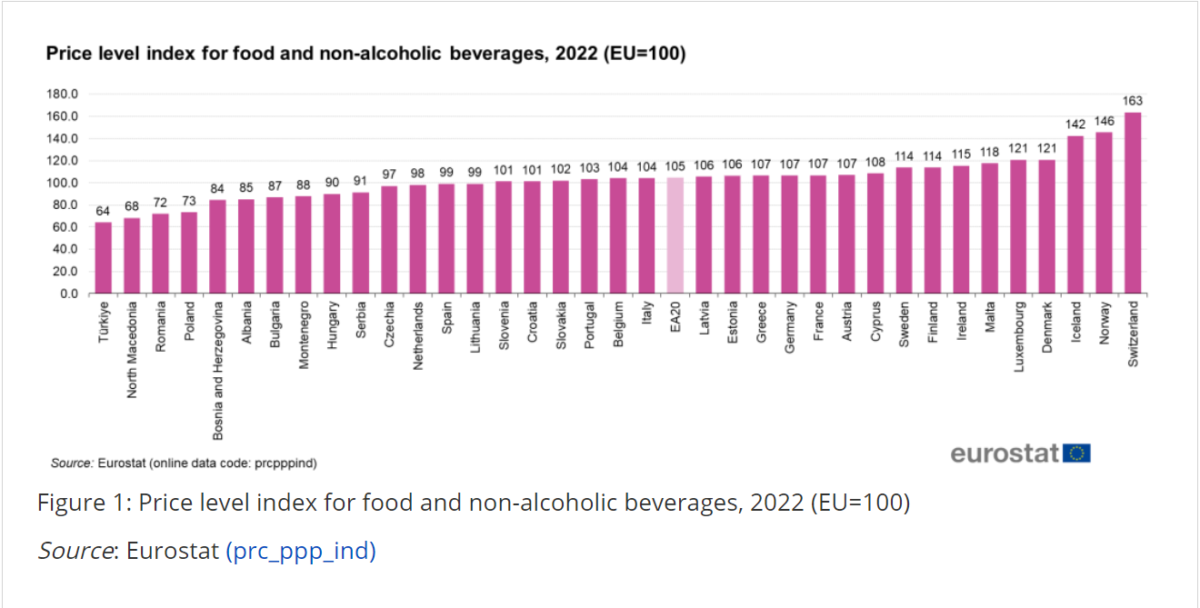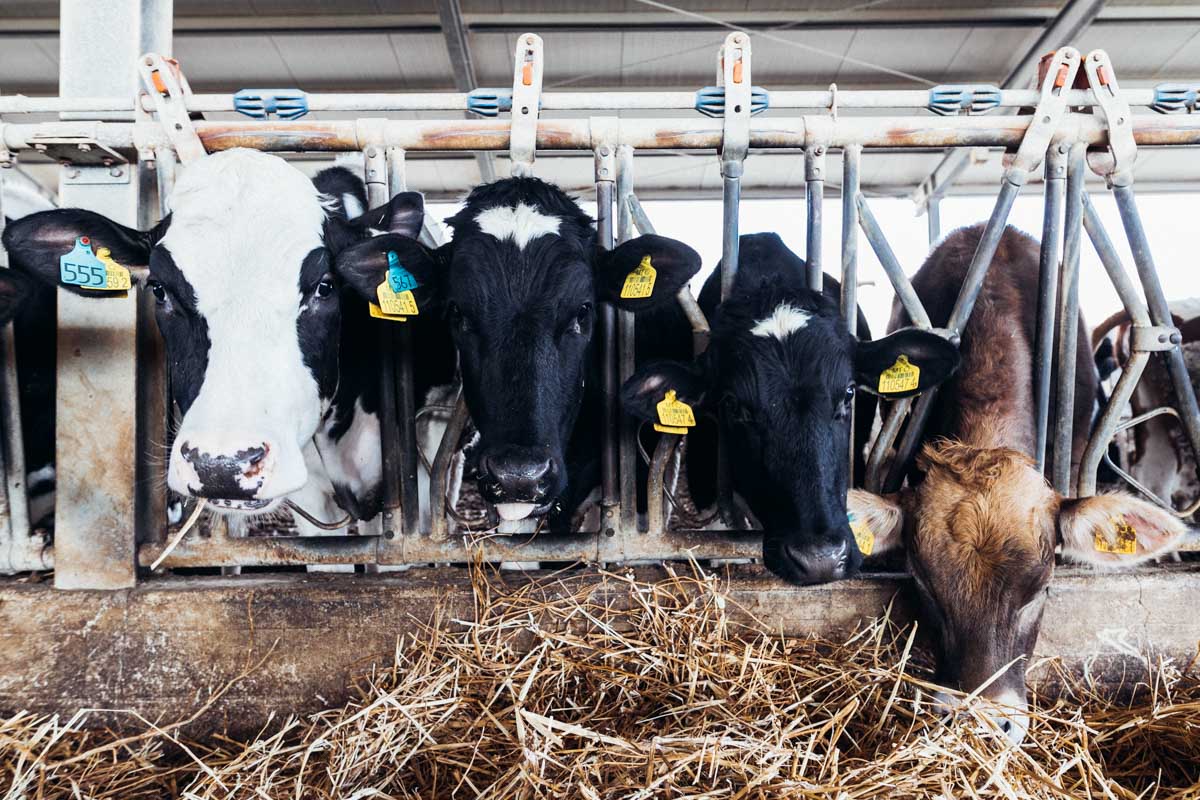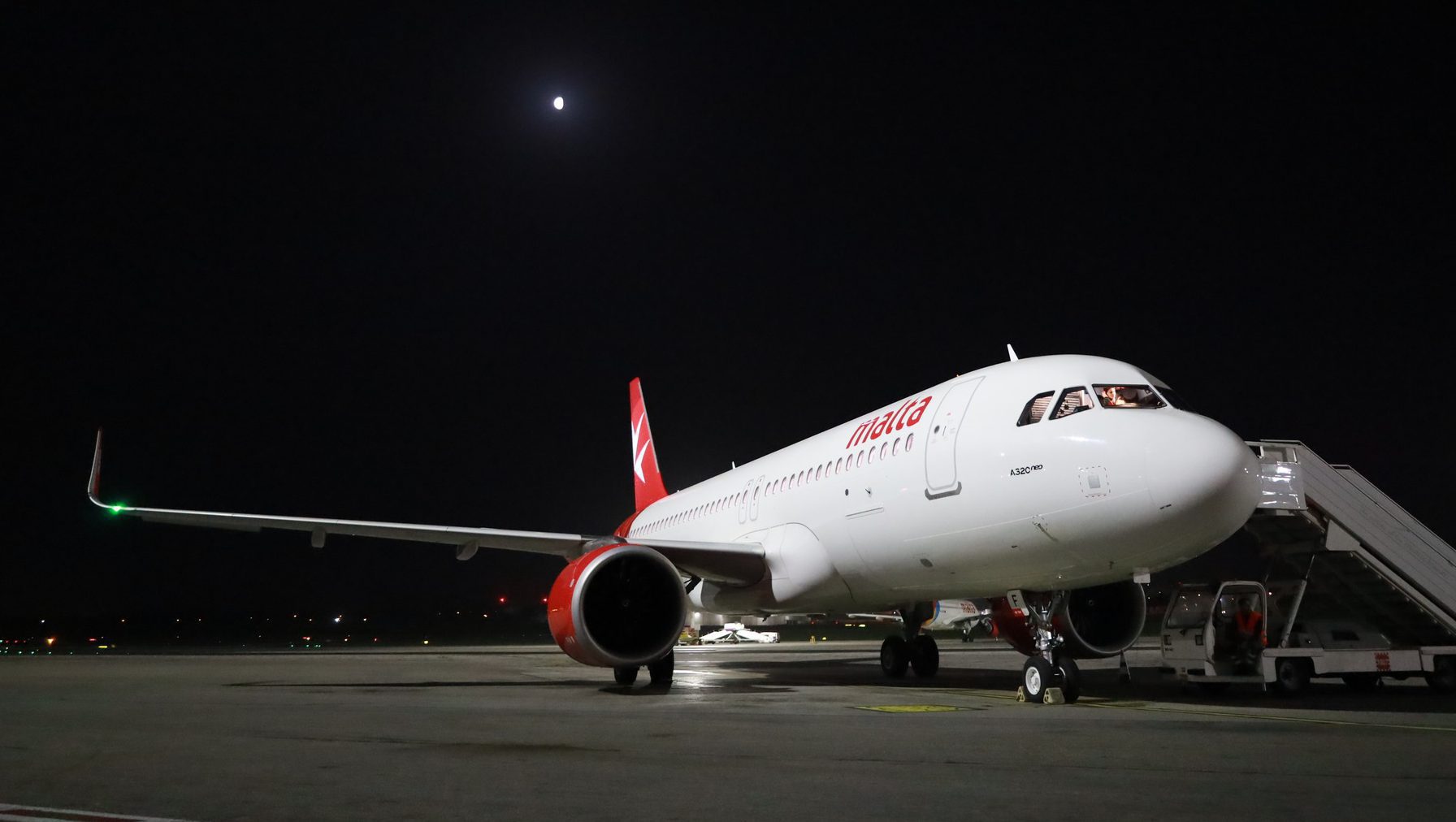The price of food and non-alcoholic beverages in Malta are among the most expensive in the European Union, coming in third in relative terms.
According to data on price levels made available by the Eurostat, price levels for food and non-alcoholic beverages in Malta are 118 per cent the EU average, placing it behind Luxembourg (121 per cent) and ahead of Ireland (115 per cent).
In this context, the price level index (PLI) expresses the price level of a given country relative to the European Union. It is calculated by dividing purchasing power parities by the current nominal exchange rate.

In other words, if the price level of a country is above 100, it is relatively more expensive than the EU, while if it is below 100, it is cheaper.
The PLI of food alone in Malta, was 15.7 per cent more than the EU average.
Breaking it down further, Eurostat found that price levels of milk, cheese and eggs was 31 per cent more expensive than the EU average while price levels of bread and cereals was 14.3 per cent more expensive.
Relatively elevated prices were also found in fruits, vegetables, and potatoes, clocking in at 16.9 per cent higher than the EU average, while the price of oils and fats went further, being 35.1 per cent more expensive in Malta.
When it came to fish, prices were only 5.1 per cent higher, while the price of meat was on par with the EU average.
Meanwhile, the PLI of non-alcoholic beverages and of alcoholic beverages was 35.5 per cent and 26.2 per cent higher than the EU average respectively.
This data reflects recent inflation figures which have consistently demonstrated that inflation in Malta is primarily driven by high food prices. It has barely declined by one per cent from its peak of 7.4 per cent from September 2022 and as of May 2023 sits 0.2 per cent above the eurozone average.
Annual STI testing for non-EU massage therapists amounted to ‘slander,’ admit health authorities
Health authorities kept quiet about changes to the legal provisions
KM Malta Airlines announces extra flights and special fares for MEP and local council elections
To qualify for special fares, all travel needs to take place into and out of the same city
European Parliament adopts regulation making it easier for companies to be paid on time
The maximum credit term under the new Late Payment Regulation is to up to 120 days, for some sectors






